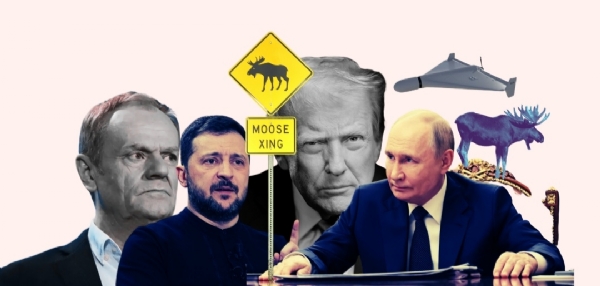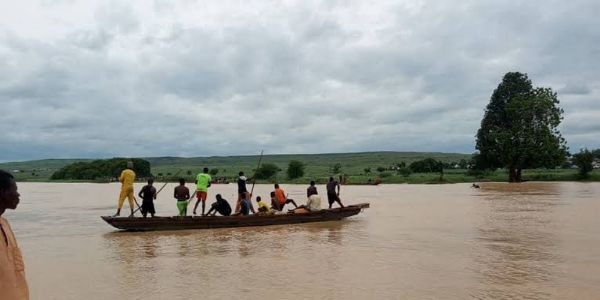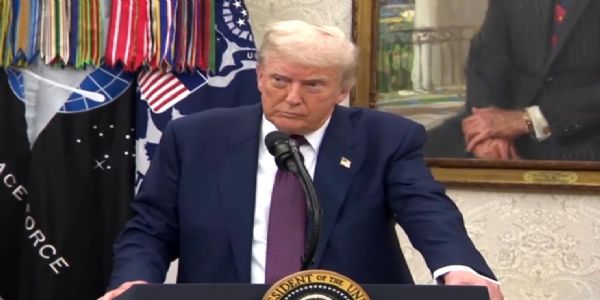
Anchorage, Alaska, August 15(HS): In a world poised on the brink of diplomatic recalibration, the eyes of the globe turn to Alaska, where U.S. President Donald Trump and Russian President Vladimir Putin convene for their most consequential meeting in years. The summit, shrouded in speculation and high geopolitical stakes, stands as a potential inflection point in the protracted conflict gripping Ukraine.
Throughout a week rife with rumors—of frozen frontlines, back-channel territorial arrangements, or even clandestine resource deals between Moscow and Washington—the Kremlin has maintained a sphinx-like silence. Russian officials have offered only stark reiterations of President Putin’s uncompromising demands: a cessation of hostilities contingent upon Moscow’s full sovereignty over the contested regions of Donetsk, Luhansk, Kherson, and Zaporizhzhia, along with concrete assurances that Ukraine will demilitarize and renounce NATO aspirations. These conditions have become the immovable cornerstones of Russia’s negotiating posture.
On the American front, President Trump, confident in the rapport he has cultivated with Putin, believes his singular negotiation style could break the deadlock. Acutely aware of the expectations set by his campaign promise to end costly overseas entanglements, Trump has made a swift resolution to the Ukraine conflict a personal and political priority. As he prepares for his first face-to-face dialogue with Putin in six years, Trump has signaled to both allies and adversaries that his businesslike instincts will quickly determine the feasibility of any meaningful accord—in the first two minutes, he has claimed.
Europe, meanwhile, finds itself in the unenviable role of bystander. Excluded from the mainstage discussions, European leaders voiced cautious hope in a recent call with Trump that U.S. strategy will still reflect their interests. Ukraine’s voice, for its part, has been scarcely more audible. President Volodymyr Zelensky has been vocal in his disappointment at being sidelined, repeatedly warning that any agreement forged without Ukrainian input would be illegitimate—a dead decision unratified by those most affected.
The anxiety in Kyiv has been especially pronounced as rumors swirl of potential territorial concessions—swapping, changes in land—as a basis for peace. President Zelensky, resolute and visibly frustrated, insisted, We will not withdraw from the Donbas. We cannot do that. He further warned that any retreat would pave the way for future aggression, stressing that occupied Ukrainian territory is a bridgehead for a future new offensive by Russia.
For the Kremlin, the meeting with Zelensky is, at best, a distant prospect. Analysts suggest Putin’s true aim lies not merely in seizing ground, but in rendering Ukraine geopolitically neutral—a vision described as ambitious to the point of disbelief. Unfortunately, he can, remarked analyst Tatyana Stanovaya, underscoring the seriousness of Moscow’s long-term strategy.
In this climate of uncertainty, President Trump’s willingness to keep his options open finds its counterpoint in Putin’s unwavering rigidity. While Alaska provides common soil for the two leaders to meet, the prospect of genuine common ground remains remote.
As the world’s attention fixes on the icy expanse of Alaska, the stakes could scarcely be higher—the search for peace, the struggle for sovereignty, and the inescapable gravity of history converge at the negotiating table, while Ukraine’s fate hangs, for now, outside the room.
---------------
Hindusthan Samachar / Jun Sarkar








